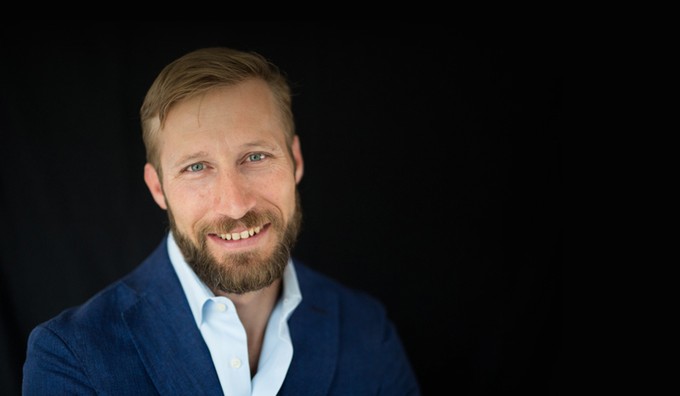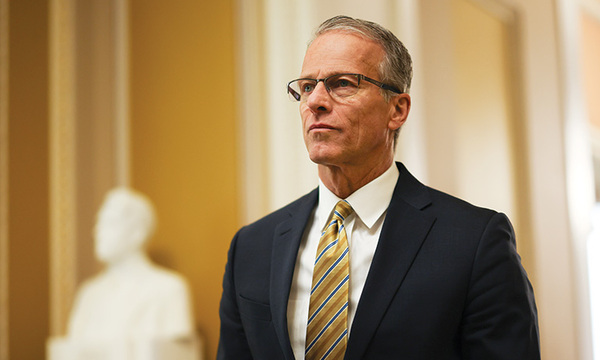
As a second-generation business owner, David McAlvany (â97) is no stranger to the idea of legacy. The CEO of the McAlvany Financial Companies, which was founded by his father, McAlvany has always been keenly aware of what it means to follow in someoneâs footsteps.
But after studying philosophy and humanities at ČŐČŐĹöşÝşÝÔęžĂžĂÔę2023, McAlvany wasnât so sure he wanted to continue in the family business.
âIt was just not interesting to me. I just wasnât curious,â he said. âI had questions that had to be answered about why things worked the way that they worked and about ultimate purpose.â
For McAlvany, the transition happened in South America. Working for an economic think tank called The Institute for Liberty and Democracy, McAlvany was exposed to the idea of business as ministry when he got to know a Christian missionary who also managed a local tortilla factory.
âFor the first time in my life, I saw business as a means of conveying the gospel to other people,â he said. âBecause here it is, the good news in flesh â a man who is under pressure every day to make deliveries on time, to make sure his product is of the highest quality, to be an encouragement to the people heâs working with, to pay taxes, and heâs executing all of these things with grace.â
Having been someone who had always wanted to impact society and culture in a meaningful way, McAlvany was struck by how this man was influencing his community relationally. McAlvany realized the opportunities for the gospel to be lived out in business and economics, he said.
From there, McAlvany plunged headfirst into the finance industry, stepping into his fatherâs footsteps with shoes that were all his own. He eventually launched the , a long-running podcast for investors, as well as become a featured expert on national television programs including CNBC, Fox News, Fox Business News, Bloomberg, and at financial seminars around the world.
As a husband and father, McAlvany also began pondering the idea of legacy in a new light. What would he leave his children? Beyond dollars and cents, what ideas, patterns and values would he instill in them to carry on when he would be gone?
âOver and over again, what we see is people focusing on one form of treasure and neglecting forms of treasures,â McAlvany said. âWhat we see, being in the business of managing peopleâs wealth, is that thereâs a lot of emphasis put on leaving something at the end of your life for the next generation. ... What we donât do is some really basic stuff every day that goes a long way toward creating a legacy, which is a living legacy â not something at the end of your life, but is something thatâs basically the sum total of your life message.â
After both witnessing his clientsâ desire to leave a financial legacy for their children, and contemplating its nature in his own life, McAlvany decided to write a book, .
McAlvanyâs book explores the idea of reverse engineering oneâs life â of leading a life that not only seeks to provide financial and physical comfort for oneâs family after theyâre gone, but cultivating a lifestyle of virtue, integrity and setting a Christ-like example of how to live well in both the big and small things of life. Ultimately, McAlvany holds that his goal in writing this book was to remind both himself and others of our central mission in life: to align ourselves with Christ.
âIf we are created in the image of God, it says something about who he is, his generosity, and who we can be in terms of our intellectual capability, our emotional depth, our spiritual capacity,â he said. âSo to me, the âintentional legacy,â itâs not something thatâs about, âI want to be a millionaire, and hereâs my path towards being debt-free and having $10 million in the bank.â Who cares? What we care about is our central identity, as a son or daughter of the King of Kings and Lord of Lords.â
 ČŐČŐĹöşÝşÝÔęžĂžĂÔę2023
ČŐČŐĹöşÝşÝÔęžĂžĂÔę2023


